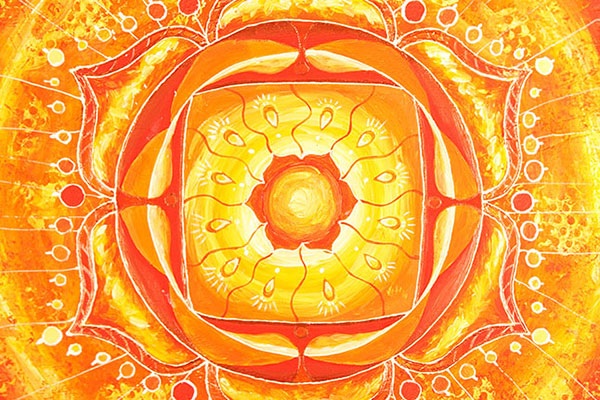What is Mantra

A "Mantra" is a sacred utterance, a numinous sound, a syllable, word or phonemes, or group of words in Sanskrit believed by practitioners to have psychological and spiritual powers. A mantra may or may not have syntactic structure or literal meaning.
The earliest mantras were composed in Vedic Sanskrit by Hindus in India, and are at least 3000 years old. Mantras now exist in various schools of Hinduism, Buddhism, Jainism and Sikhism. In Japanese Shingon tradition, the word Shingon means mantra. Similar hymns, chants, compositions and concepts are found in Zoroastrianism, Taoism, Christianity, Islam and elsewhere.
The use, structure, function, importance, and types of mantras vary according to the school and philosophy of Hinduism and of Buddhism. Mantras serve a central role in tantra. In this school, mantras are considered to be a sacred formula and a deeply personal ritual, effective only after initiation. In other schools of Hinduism, Buddhism, Jainism or Sikhism, initiation is not a requirement.
Mantras come in many forms, including ṛc (verses from the Rigveda for example) and sāman (musical chants from the Sāmaveda for example). They are typically melodic, mathematically structured meters, believed to be resonant with numinous qualities. At its simplest, the word ॐ (Aum, Om) serves as a mantra. In more sophisticated forms, mantras are melodic phrases with spiritual interpretations such as a human longing for truth, reality, light, immortality, peace, love, knowledge, and action. Some mantras have no literal meaning, yet are musically uplifting and spiritually meaningful.
Mantras are sacred sounds or words that contain divine energy or spiritual energy. These incantations are special utterances as they are the embodiment of divine vibrations. Master Choa Kok Sui stresses on the importance and the innate power of various mantras.
Sources:
- Om Mani Padme Hum by Master Choa Kok Sui
